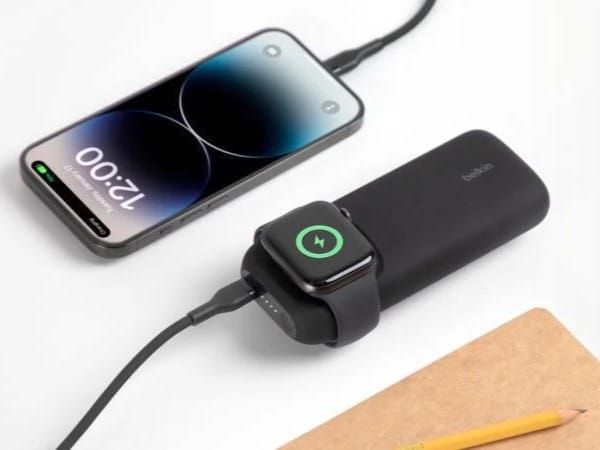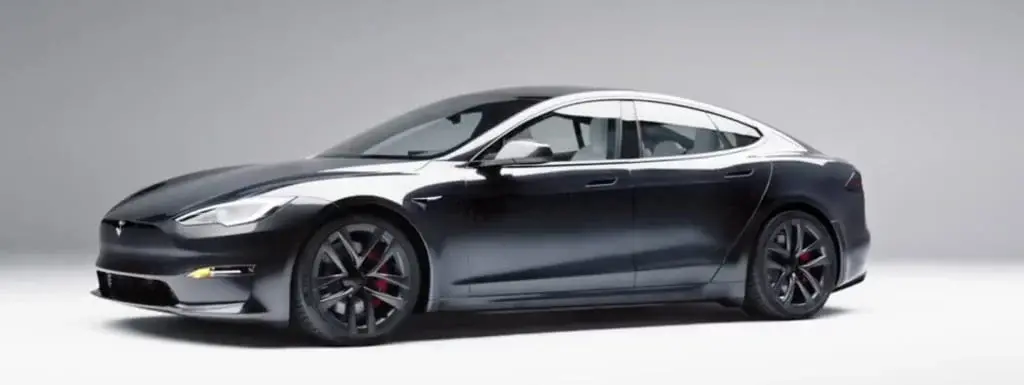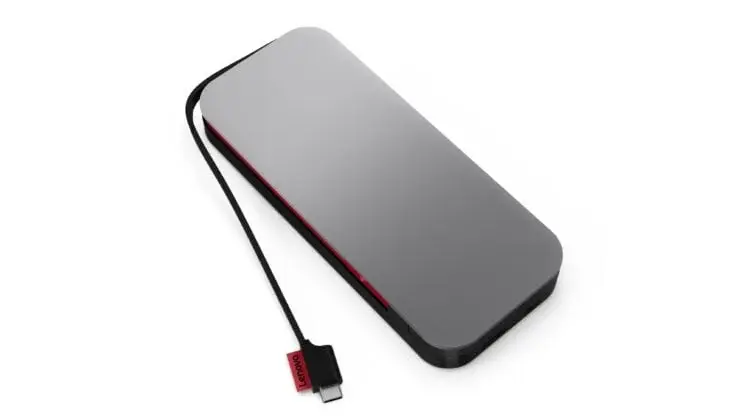Tesla's recent recall of over 2 million vehicles in the United States has sparked a discussion about the future of automated driving systems. Specifically, the recall was aimed at addressing issues with Tesla's Autopilot feature and highlighting the challenge of balancing innovation with safety in the development of autonomous electric vehicles.
The Autopilot feature has been a key selling point for Tesla, as it allows cars to steer, accelerate, and brake automatically within their lanes. However, the National Highway Traffic Safety Administration (NHTSA) found that the system's driver monitoring methods were insufficient, potentially leading to misuse. This recall, which covers models Y, S, 3, and X made since 2012, is not just a technical fix, but a critical step towards safer roads.
A Safer Autopilot
The heart of the recall is a software update that aims to enhance driver engagement and address the issues with Autopilot. The update includes more prominent visual alerts and simplifies the activation and deactivation of Autosteer, a key component of Autopilot. These changes are intended to ensure that Autopilot is used as intended – as an aid, not a replacement for an attentive driver.
A Complex Relationship
It is worth noting that Tesla agreed to the recall not because it agreed with the NHTSA's findings, but to conclude the investigation. This highlights the complex relationship between innovators and regulators in the rapidly evolving field of automotive technology. As autonomous driving systems continue to advance, finding the right balance between innovation and safety becomes even more crucial.
Stricter Monitoring Systems
Safety advocates have long called for stricter monitoring systems, such as camera-based checks, to ensure that drivers remain attentive while using semi-autonomous systems. Tesla's recall reflects a broader industry trend towards implementing more robust safety mechanisms in these vehicles. The goal is to ensure that drivers understand the limitations of these systems and remain actively engaged in the driving process.
The Naming Debate
Another point raised by this recall is the naming of these semi-autonomous systems. Critics argue that terms like 'Autopilot' can be misleading, as they suggest a higher level of autonomy than these systems actually provide. It is important to emphasize the role of driver responsibility, even as cars become more technologically advanced. Drivers must understand that these systems are meant to assist them, not replace their active participation in the driving experience.
A Pivotal Moment
This recall represents a pivotal moment for the automotive industry. It not only addresses specific safety concerns with Tesla's Autopilot feature but also prompts a wider discussion about the role of technology in driving and the importance of maintaining a balance between innovation and safety. As we continue to move towards an increasingly automated future, it is crucial that these systems are developed and used with the utmost caution and responsibility. Only through careful consideration of the potential risks and a commitment to ongoing improvement can we ensure a safe and successful transition to autonomous driving.




